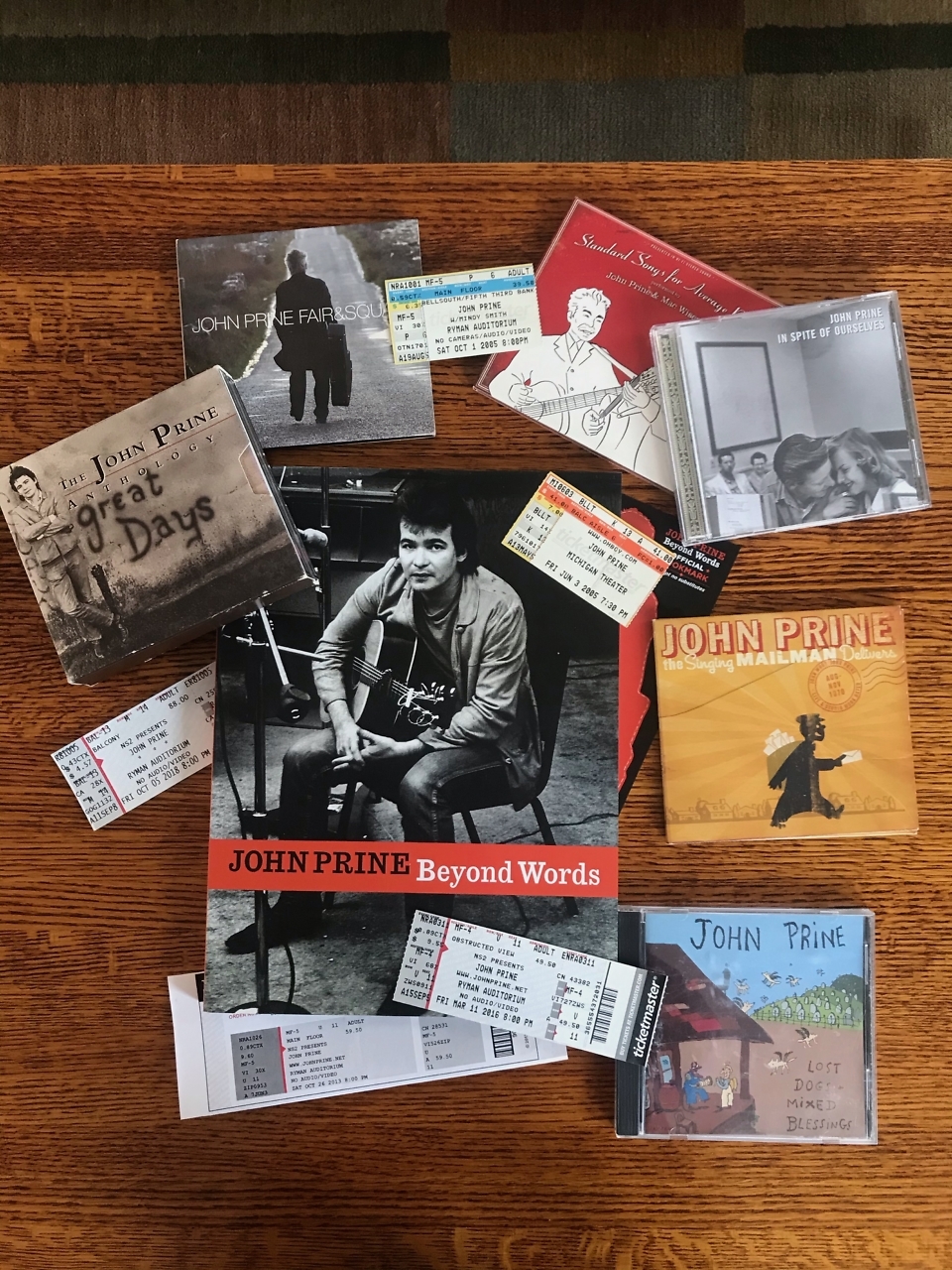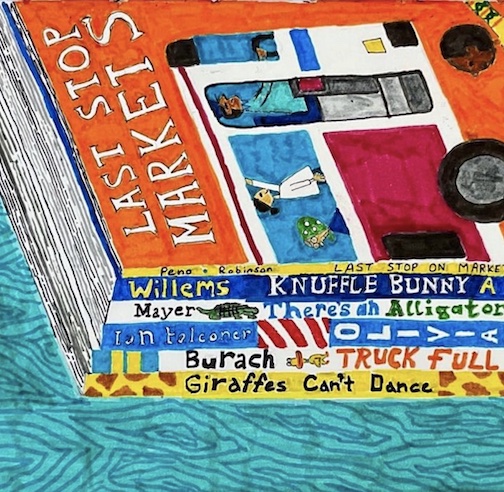Singing the Portuguese Blues
On leaving home to find it again
In Portugal, ceramic swallows nearly outnumber the gooseneck barnacles that are sold in cafes and pubs. The glazed birds pop up on doorsteps, city walls, and homes. This bright morning in Porto, I notice yet another black-winged swallow adorning the exterior of a jewelry shop in the Bairro da Se old quarter. Inside, the proprietor is carefully placing filigree necklaces with swirling, lace-like patterns in a case. While my travel companions exclaim over the pieces, I inquire about the swallows.
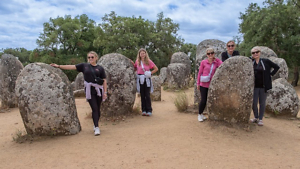 The jeweler turns from his work and gives me his full attention. Ahh, that little mystery, he says. He explains that the migratory bird returns to the same nest throughout its lifetime and has become a symbol of love, family, and fidelity. Families here have always waited anxiously for seafarers to return from voyages, and the ornaments are good-luck charms or expressions of eternal bonds. “The swallows are important to us,” he adds.
The jeweler turns from his work and gives me his full attention. Ahh, that little mystery, he says. He explains that the migratory bird returns to the same nest throughout its lifetime and has become a symbol of love, family, and fidelity. Families here have always waited anxiously for seafarers to return from voyages, and the ornaments are good-luck charms or expressions of eternal bonds. “The swallows are important to us,” he adds.
He does not take home lightly. Born in Porto, the middle-aged man keeps shop on the city’s most ancient street, and his wife and son design pieces in a tradition that has thrived in northern Portugal for over 500 years. The story of the swallows ties in with saudade, the cultural expression for a longing for someone or for a place or state of mind. After the brokenness of life in 2020, our overseas trip is a do-over of sorts — an effort to capture what eluded us that dismal spring, a celebratory sense of moving forward with optimism. That year, the plan was to fly to Lisbon following my daughter’s and niece’s high school graduation ceremonies.
Now, they are well into their college programs, and we are two years worn from pandemic stress, gun violence, and political turmoil. My sense of saudade is less about longing for a specific place than a craving for well-being. And there is no better place than lovely Portugal with its fairy tale castles, winding cobblestone lanes, and lush vineyards to close your eyes and breathe. Here, gun violence is rare, and I’m guarded only when crossing Lisbon’s and Porto’s buzzing streets. Grandparents and students have space to get to know one other again. Long, leisurely meals support this aim, and table service unfolds at the unhurried pace of codfish drying in the sun.
After collecting us at the Lisbon airport, our guide Rodrigo heads for the medieval walled city Evora. We learn nearly as much about his personal life as we discover about the Roman Temple and chapel of bones. He is divorced, his daughter is writing a thesis, and he ducks out of churches as quickly as possible. Bracelets line his arm like colorful fish scales, and he happily names the girlfriends who gifted him with the jewelry, portraying himself as a Portuguese Don Juan. Later, he confides his hope of reuniting with his ex-wife and restoring their relationship. While guiding strangers, he is only biding time until finding his way back.
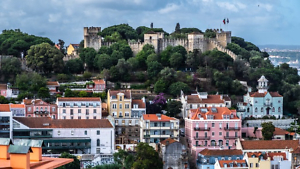
Rodrigo can show us the sites but helping us find emotional balance is beyond his job description. Instead, he holds our hands tightly as we climb steps leading to castles and fortresses. Like a kind father (albeit a colorful one), he sensed when our group was weary, confused, or especially curious about a topic. And he could scout out a good plate of fried octopus or bottle of vinho verde.
Starting out, I notice that every foreign monastery and magnificent palace leads me to consider home. Not my real brick house back in Memphis, but my need for a sense of tranquility and safety. It seems that everyone met is struggling to protect a nest or to build one. Though Portugal is beautiful, it isn’t a stage set. Rather, it swells with authenticity and old-school ways. In the coastal fishing village of Nazaré, an elderly widow wearing a traditional black shawl and bright headscarf shuffles down a cobblestone street, holding a sign advertising a room to rent. As I approach her with my camera, she shies away as if I held a gun, declining to be the focus of another tourist’s Facebook post. Continuing on her way, she meets up with a friend, perhaps filling an emotional space as important as filling the empty space in her house.
In Sintra, rooms inside Palacio da Pena look just as they did in 1910, when the royal family fled the country during a popular revolt, dropping their hobbyist paint brushes and books. Before Prince Ferdinand built the palace, this was the site of a 12th-century chapel dedicated to Our Lady of Pena, and later, home of the Royal Monastery of Our Lady of Pena. The horrific earthquake that struck Lisbon in 1755 left the monastery nearly in ruins, but it remained active and faith practices continued. Always, there is the yin and yang contrast of the quiet and booming shocks of life.
A day trip takes us to Guimarães, where we climb a green hill to Guimarães Castle. Recognized as the birthplace of Portugal, it was the home of its first king, D. Alfonso Henriques. The 1,000-year-old fortress provided escape from raids by the Vikings and Moors and served as a refuge for monks, nuns, and citizens. It is laid out in a pentagon shape resembling a medieval shield, and the adventure of wandering its levels yields to a desire to soften the starkness. Playing house, my daughter Ella and I wonder where people slept and cooked and if they stayed warm in the winter. Spaces are assigned for their rest and meals, even a “rec room” where they could laugh together. The exercise makes us feel better, and so does the sight of my mother smiling serenely as she rests beside a wall. She seems to transcend the ghosts of fear and violence with radiant light. Or maybe it’s just comforting to have your mom close in such places.
Sometimes a “home” will heal despite its gaps and brokenness. My niece Alana is drawn to paintings found in Tomar’s Convent of Christ that are reminiscent of a New Jerusalem. Several frames are missing their original artwork. In Rodrigo’s telling, the paintings were stolen at one point. Still, Alana pieces together the religious story, lingering and engaging us in a lesson she loves from her college Bible study.
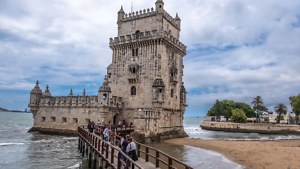
Rodrigo promises to connect with us if he makes it to the United States one day. His only attempt was on 9/11, when his plane was abruptly diverted to Brazil. Passengers were not given any information, and at the airport he heard Portuguese spoken. The language was usually a comforting touchstone but now meant that he wouldn’t reach his destination and that something terrible had occurred. One week later, he returned to his Lisbon home and headed to a bar to listen to fado, a Portuguese version of the blues.
A responsible guide, he reminds us that we have just two days before the flight back to the United States. Vacations offer time to recharge and soak up sunshine, and while I have done both in spades, the journey has helped me prepare to return home. Nourished by family and with time to reflect, I am ready to return to my city and nation — their prayers and problems and grit and grind. The Memphis Grizzlies’ beloved “Grit and Grind” mantra encourages perseverance through obstacles, and one step at a time, I will make my small sphere a better place. I feel inspired by the story of Portugal’s Carnation Revolution. Soldiers placed red carnations inside their guns after the peaceful coup on April 25, 1974, joined by citizens who brought flowers to celebrate. Similar to our Fourth of July, this national holiday celebrates freedom gained after over 40 years of fascism.
Our last evening at dinner, we go around the table and share roles that would have appealed to us here centuries ago. My stepfather says he would have worked as a metalsmith, and my daughter Ella imagines herself a seamstress. She has a Singer sewing machine back at home, dusty and practically forgotten. Then we shift from past to present, murmuring a last obrigada to the waiter in thanks. The swallows, too, leave at summer’s end, returning to North Africa. That night as I drift to sleep, I wonder if the birdseed in our backyard feeder has gone empty in our absence. The next evening, I take my flashlight and step into the backyard despite the late hour. Shining light on the birdfeeder, I see with relief that there is plenty of seed remaining for cardinals and jays. Rodrigo texts and asks if we made it back safely. Yes, I answer, we are home.
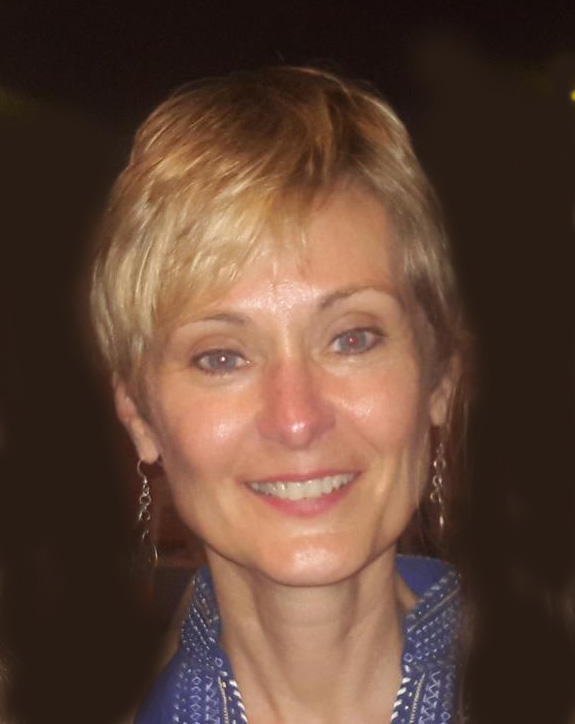
Copyright © 2022 by Stephanie Painter. All rights reserved. Stephanie Painter works as a freelance writer and is the author of a children’s picture book. She lives in Germantown and writes for regional magazines.

